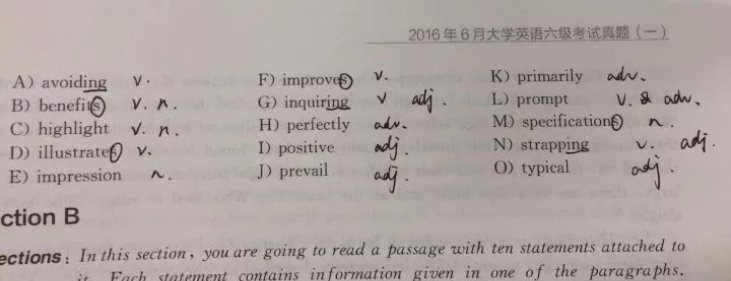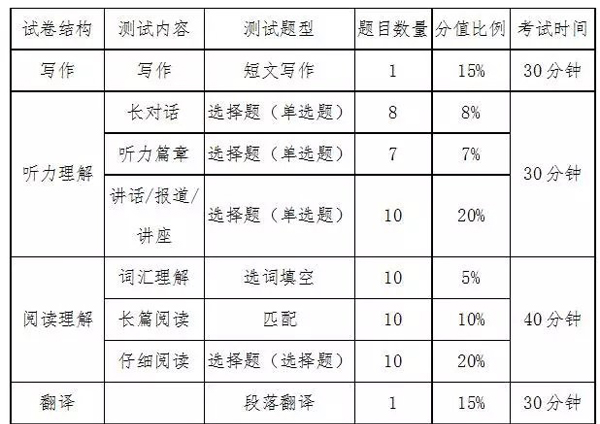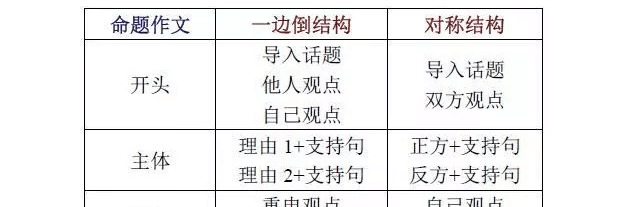自考英语语法复习资料 七
|
(6)不定式的构成 1. 不定式的构成 不定式是由不定式符号to+动词原形构成,在某些情况下to也可省略。 不定式一般有时式和语态的变化,通常有下表中的几种形式(以do为例): 主动式 被动式 一般式 to do to be done 完成式 to have done to have been done 进行式 to be doing/ 完成进行式 to have been doing/ 1)不定式的一般式 不定式的一般式所表示的动作通常与主要谓语的动作同时或几乎同时发生,或是在它之后发生。如: They invited us to go there this summer. 他们邀请我们今年夏天去那儿。 He stood aside for me to pass. 他站到一边让我通过。 2)不定式的完成式 不定式的完成式所表示的动作在谓语所表示的动作之后发生,它在句中可作表语、状语、宾语,有时也可作主语、定语等。如: She seemed to have heard about this matter. 她似乎已听说过这件事。 I am sorry to have kept you waiting so long. 我很抱歉让你等了这么久。 I meant to have told you about it,but I happened to have an important thing to do. 我本来想告诉你这件事的,但我碰巧有一件重要的事要做。 It has been an honor for me to have traveled so much in your country. 对我来说,在你们国家旅行这么多地方是一件很荣幸的事情。 3)不定式的进行式 不定式的进行式表示正在进行的与谓语动词同时发生的动作。它在句中可以用作除谓语以外的所有成分。如: It's nice of you to be helping us these days. 你真好,这些天一直帮我们。 He pretended to be listening to the teacher carefully. 他假装在认真地听老师讲课。 We didn't expect you to be waiting for us here. 我们没料到你一直在这儿等我们。 4)不定式的完成进行式 如果不定式表示的动作是谓语所表示时间之前一直进行的动作,就需要用完成进行式。如: They are said to have been working in Tibet for 20 years. 据说他们已经在西藏工作20年了。 We are happy to have been helping each other these days. 我们很高兴这些天能互相帮助。 5)动词不定式的否定形式是由not或never加不定式构成。如: Try not to be late again next time. 尽量下次不要再迟到。 He wished us never to meet her again. 他希望我们永远不要再见到她。 6)疑问词+动词不定式: 不定式和疑问词whether,what,which,whom,where,when,how,why等连用可以在句中起名词的作用,通常跟在tell,know,show,decide,learn,wonder,explain,advise,teach,discuss,find out等动词后面作宾语,有时也可以充当主语、表语等。如: On hearing the news,he didn't know whether to laugh or to cry. 听到这个消息,他不知道该哭还是该笑。 When to hold the meeting has not decided. 什么时候开会还没有决定。 The most important problem is how to get so much money. 最重要的事情是如何搞到这么多钱。 介词后一般不直接接不定式,但可以接疑问词+不定式短语作宾语。如: Mary gave some advice on how to learn English. 玛丽提了一些如何学习英语的建议。 I have no idea of how to do it. 我不知道该怎么做。 7)不定式的被动式: 当不定式逻辑上的主语是这个不定式所表示的动作的承受者时,不定式一般要用被动形式,to be +过去分词和to have been +过去分词。这些形式可以用来作主语、表语、宾语、定语、状语、补语。如: It's a good thing for him to have been scolded by the teacher. 对他来说,被老师责备是一件好事。 They seemed to be satisfied with the result. 他们似乎对结果很满意。 He asked to be sent to work in the countryside. 他要求被派往农村工作。 She was the last person to have been mentioned at the meeting. 她是会上最后一个被提到的人。 I had to shout to be heard. 我不得不大喊才能被听到。 We don't like our friends to be laughed at from time to time. 我们不喜欢我们的朋友不时地被嘲笑。 2. 不定式的语法作用 1)不定式作主语: To see once is better than to hear a hundred times. 百闻不如一见。 To master a foreign language is not an easy thing. 掌握一门外语不是一件容易的事。 在很多情况下,人们通常用it作为形式上的主语,而把不定式短语移到谓语之后,使句子显得平稳一些。如: It's good manners to wait in line. 排队等候是很有礼貌的。 It made us very angry to hear him speak to his mother like that. 听到他那样跟他妈妈说话我们很生气。 2)不定式作表语: The most important thing is to put theory into practice. 最重要的事情是把理论付诸实践。 The greatest happiness is to work for the happiness of all. 最大的幸福就是为大家的幸福而工作。 3)不定式作宾语: He wanted to know the truth. 他想知道真相。 I prefer to be starved to death rather than beg. 我宁愿被饿死也不愿乞讨。 He pretended to have read the book when I asked him about it. 我问到他的时候,他假装读过这本书。 另外,不定式在某些复合宾语中作宾语时,人们常常用it代表不定式,而将真实宾语放在补足语之后。如: Do you think it better to translate it in this way? 你认为这样翻译是不是更好? I feel it a great honor to be invited to speak at the meeting before so many students. 我觉得被邀请在会上面对这么多学生发言是一件很光荣的事情。 |








